My father used to quote an old proverb which finished with: “And all for the want of a horseshoe nail.”
It was usually delivered in my direction when some item of machinery had been left without a timely repair being carried out.
The point he was making was to get those insignificant jobs done before they mount up and create further problems down the line.
I was reminded of these lectures last week when favourable weather in early April resulted in about 200 urgent tasks requiring attention.
An added complication in the mix was the non-completion (during the winter months) of a few seemingly trivial jobs, and the result was a snowballing effect that caused an avalanche of work.
Activity
Favourable weather conditions at the beginning of April always seem to trigger a frenzy of activity among the farming community after winter hibernation.
Sunshine tends to send the work hormones berserk and if this coincides with reasonable ground conditions, then everyone wants spraying and fertiliser spreading done as soon as possible.
This is great for someone like me who does a bit of this contract work, but not when I was secretly hoping for a damp week so that I could prepare a poultry house for thinning birds across to, and finish a couple of fencing jobs before turning the cattle out to grass.
The poultry unit could have been done two months ago, but I reckoned it would be prudent to leave it not cleaned so that ewes with young lambs could be housed in case of bad weather. I realised this could cause a bottleneck in the workload further down the line, but banked on a bit of wet weather at the start of April. In hindsight, this was a mistake.
A similar line of thought applied to a couple of uncompleted fencing jobs, which surely would be easily dealt with when the pressure of fieldwork was low. This was also a grave error of judgment.
Upshot
The upshot of this unfortunate series of events meant that last week was one of those pressure-cooker periods in my life when I didn’t know which way to turn at the beginning of each day. And the normal activity of making a list (I’m a firm believer in making lists) didn’t help at all, since it only reminded me that what I was hoping to do was nearly impossible.
Therefore, I divided the day into portions: the routine morning jobs first, followed by two hours in the poultry house, and this allowed the afternoon for either spraying or fertiliser. Somewhere along the way, a bit of fencing managed to find a nonexistent slot.
Low point
Probably the low point occurred early in the week. I went to one field to feed the sheep and lambs, and before I got the gate open the phone had rung three times: “Yes, I would get the artificial on. No, I didn’t know if it was going to rain (and didn’t care). And yes, I would be there before the weekend (blatant lie).”
Then, just to relax me even further, I discovered a big lamb on the wrong side of a wire fence, and it had been there long enough to yell itself hoarse. It had no idea how to get back, so I walked up the hedge and it flew past me in the opposite direction. I followed it down the field and it bounced past me again. At other times, these sort of farming moments are enjoyable, but not when stress levels are off the scale.
Transformation
By Friday evening, every item on the list had been ticked, as well as all the cattle being put to grass. The hardest thing to explain is the total transformation inside my head between what was spinning around at the start of the week, and the sheer tranquillity and sense of satisfaction that I felt on Friday evening.
I sometimes wonder if we need periods of intense pressure in order to truly appreciate the subsequent sense of achievement, or does everyone have a different way of dealing with stress and pressure?
Read more
The best sheepdog in the world
Farmer Writes: opting for Angus cattle over continentals
My father used to quote an old proverb which finished with: “And all for the want of a horseshoe nail.”
It was usually delivered in my direction when some item of machinery had been left without a timely repair being carried out.
The point he was making was to get those insignificant jobs done before they mount up and create further problems down the line.
I was reminded of these lectures last week when favourable weather in early April resulted in about 200 urgent tasks requiring attention.
An added complication in the mix was the non-completion (during the winter months) of a few seemingly trivial jobs, and the result was a snowballing effect that caused an avalanche of work.
Activity
Favourable weather conditions at the beginning of April always seem to trigger a frenzy of activity among the farming community after winter hibernation.
Sunshine tends to send the work hormones berserk and if this coincides with reasonable ground conditions, then everyone wants spraying and fertiliser spreading done as soon as possible.
This is great for someone like me who does a bit of this contract work, but not when I was secretly hoping for a damp week so that I could prepare a poultry house for thinning birds across to, and finish a couple of fencing jobs before turning the cattle out to grass.
The poultry unit could have been done two months ago, but I reckoned it would be prudent to leave it not cleaned so that ewes with young lambs could be housed in case of bad weather. I realised this could cause a bottleneck in the workload further down the line, but banked on a bit of wet weather at the start of April. In hindsight, this was a mistake.
A similar line of thought applied to a couple of uncompleted fencing jobs, which surely would be easily dealt with when the pressure of fieldwork was low. This was also a grave error of judgment.
Upshot
The upshot of this unfortunate series of events meant that last week was one of those pressure-cooker periods in my life when I didn’t know which way to turn at the beginning of each day. And the normal activity of making a list (I’m a firm believer in making lists) didn’t help at all, since it only reminded me that what I was hoping to do was nearly impossible.
Therefore, I divided the day into portions: the routine morning jobs first, followed by two hours in the poultry house, and this allowed the afternoon for either spraying or fertiliser. Somewhere along the way, a bit of fencing managed to find a nonexistent slot.
Low point
Probably the low point occurred early in the week. I went to one field to feed the sheep and lambs, and before I got the gate open the phone had rung three times: “Yes, I would get the artificial on. No, I didn’t know if it was going to rain (and didn’t care). And yes, I would be there before the weekend (blatant lie).”
Then, just to relax me even further, I discovered a big lamb on the wrong side of a wire fence, and it had been there long enough to yell itself hoarse. It had no idea how to get back, so I walked up the hedge and it flew past me in the opposite direction. I followed it down the field and it bounced past me again. At other times, these sort of farming moments are enjoyable, but not when stress levels are off the scale.
Transformation
By Friday evening, every item on the list had been ticked, as well as all the cattle being put to grass. The hardest thing to explain is the total transformation inside my head between what was spinning around at the start of the week, and the sheer tranquillity and sense of satisfaction that I felt on Friday evening.
I sometimes wonder if we need periods of intense pressure in order to truly appreciate the subsequent sense of achievement, or does everyone have a different way of dealing with stress and pressure?
Read more
The best sheepdog in the world
Farmer Writes: opting for Angus cattle over continentals



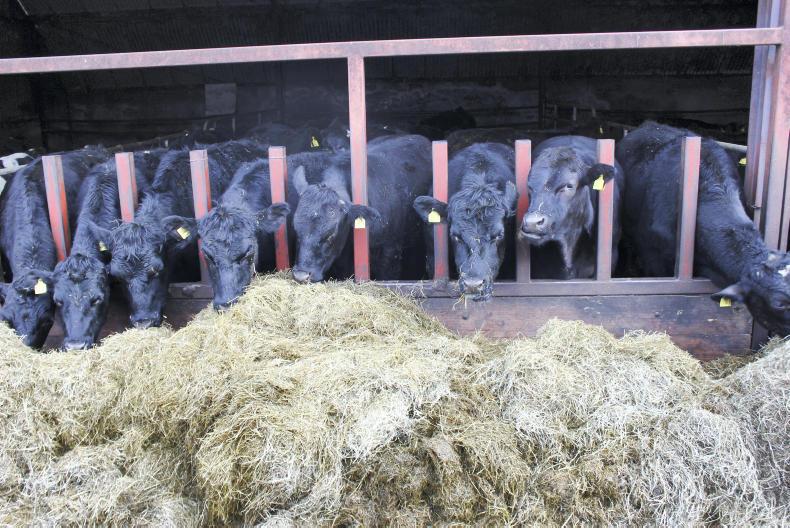

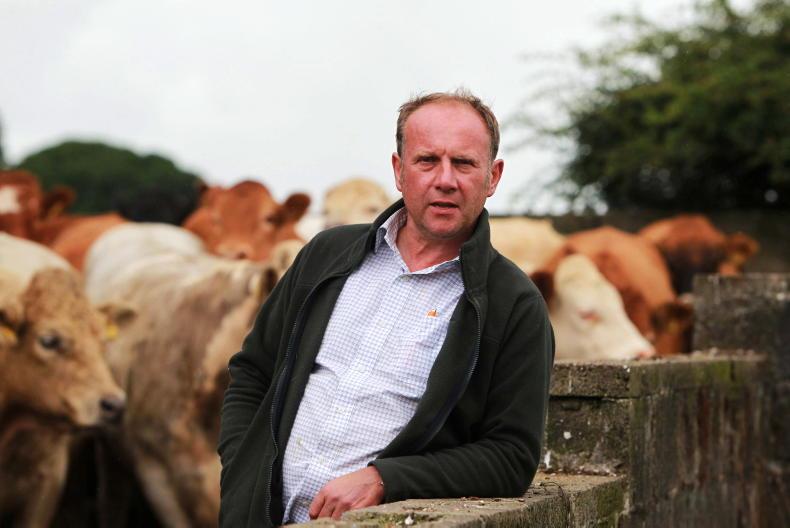

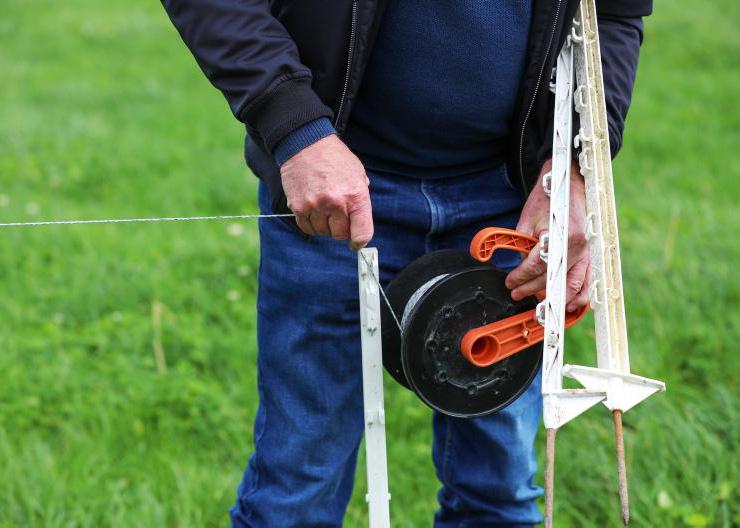
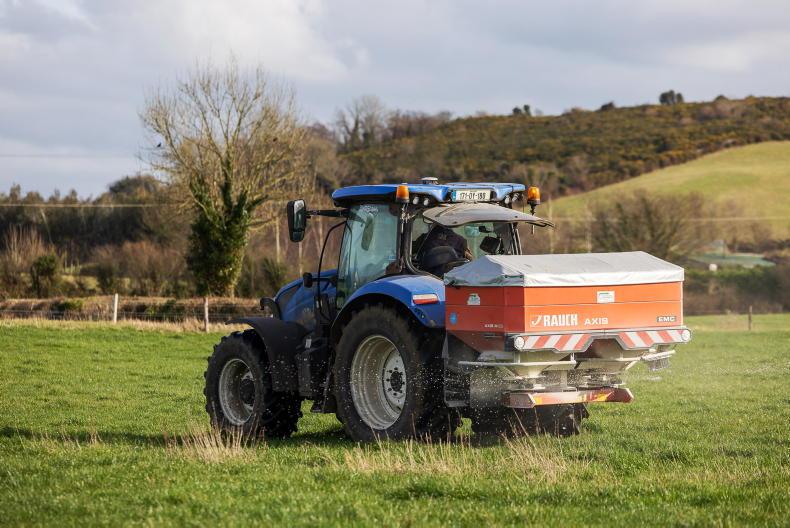
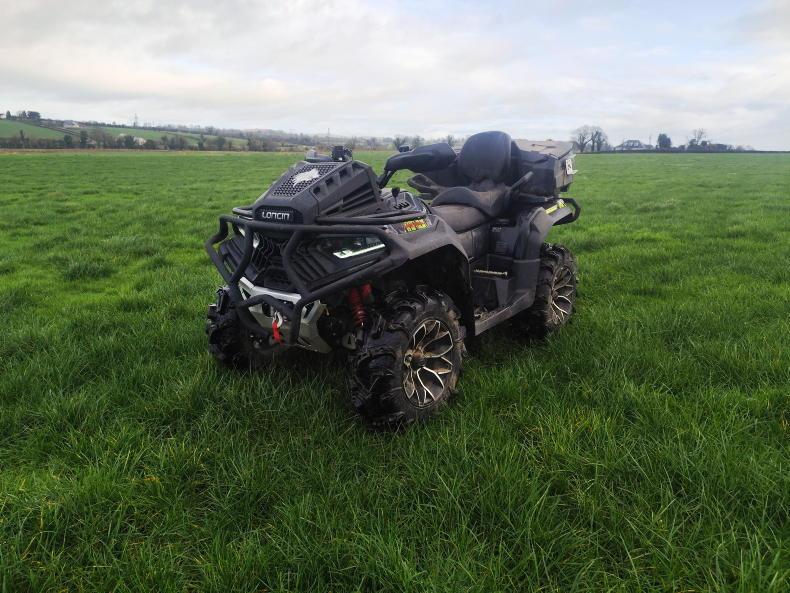
SHARING OPTIONS